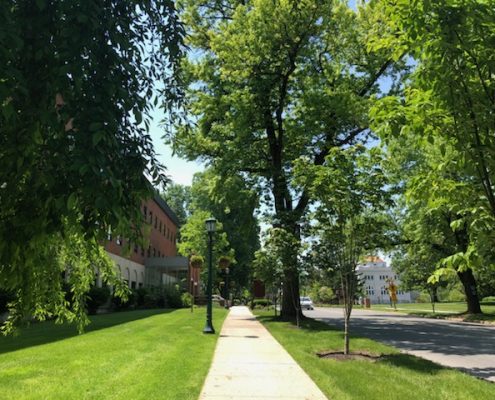Posts

What is Probate?
Estate Administration, Probate
When a loved one passes away, the details can be overwhelming. Those left behind are suddenly confronted with a myriad of strange vocabulary to learn and figure out what to do with. One common word that you’ll begin hearing is “Probate.”…
Construction Litigation
ConstructionOne of the most commonly litigated issues in America is construction. Whether it’s because a construction company failed to do the work that was promised, did the work inadequately, or because of buyer’s remorse that causes a customer to…

Public Drunkenness and Kutztown University Students
Berks County, Criminal Lawhttps://youtu.be/Eord5m98SOg
At Cornerstone Law Firm, we’ve helped many Kutztown University students who are accused of crimes. When a college student is charged with public drunkenness or another crime involving alcohol or drugs, the impact…
